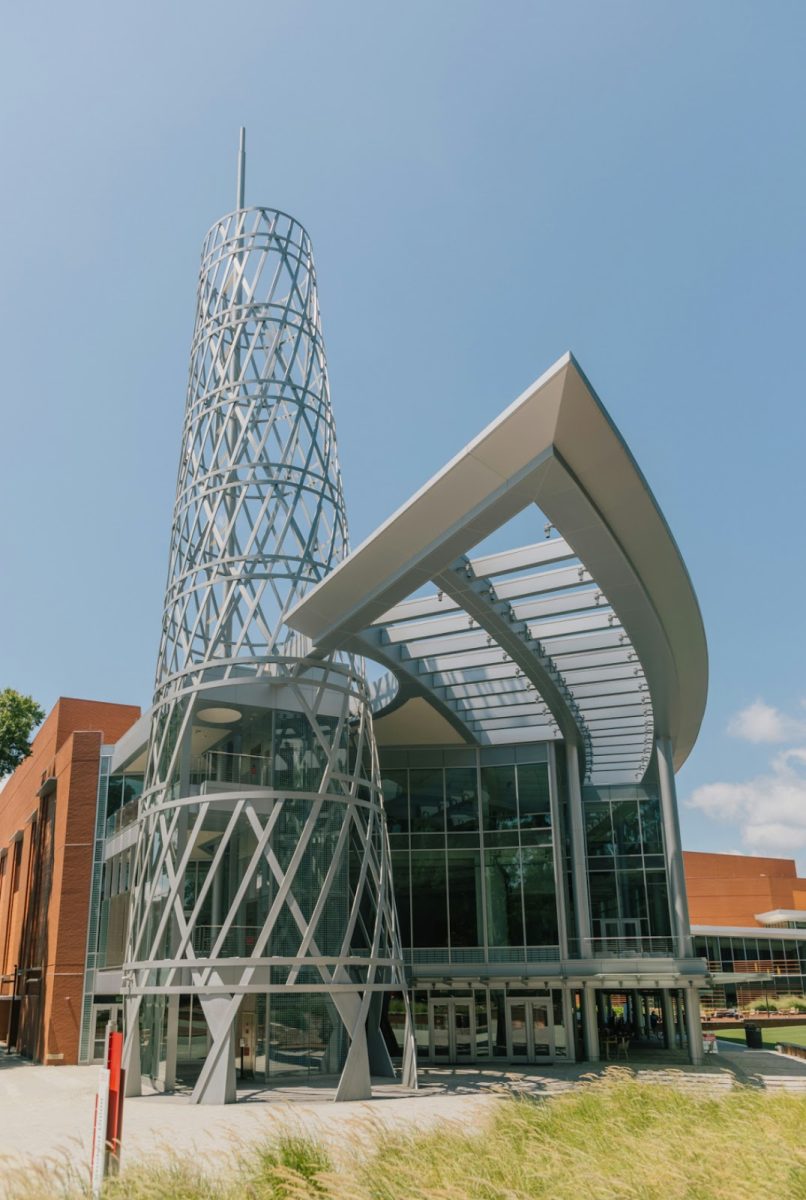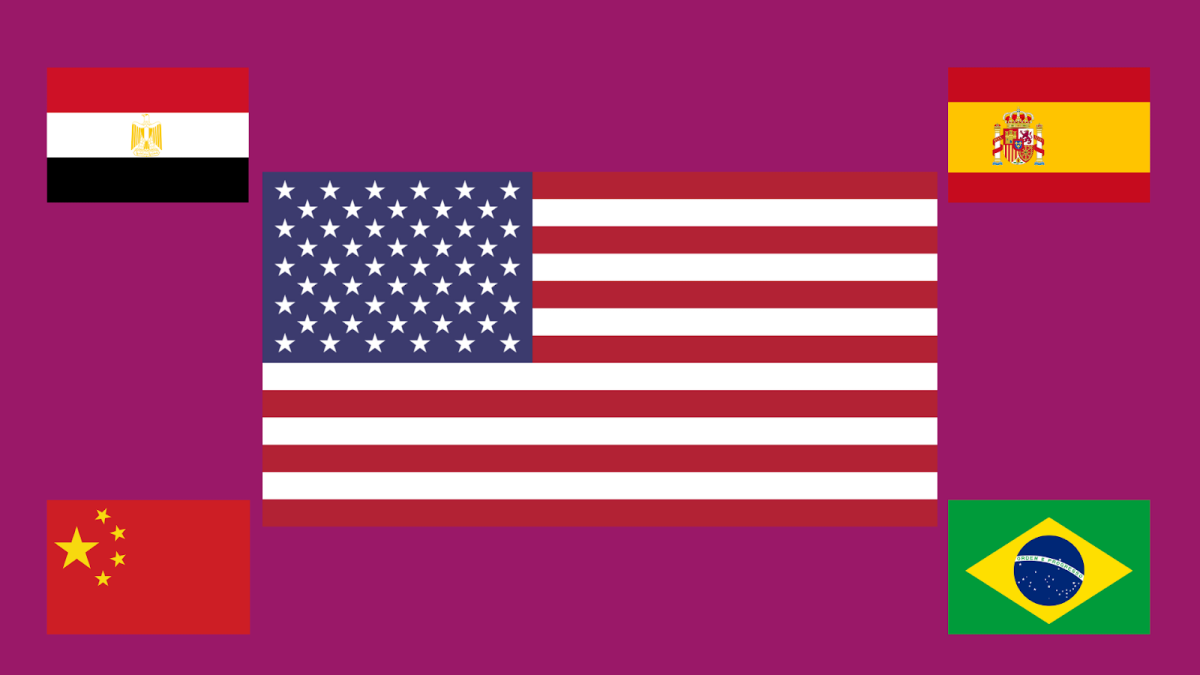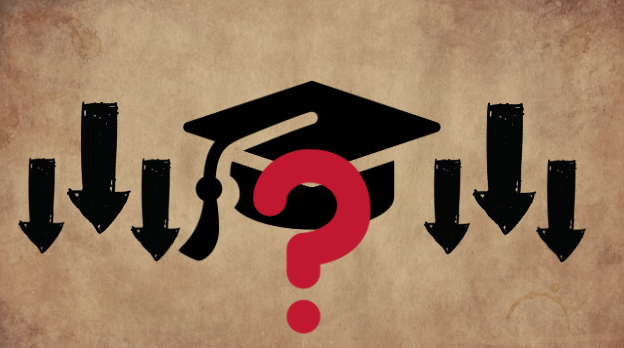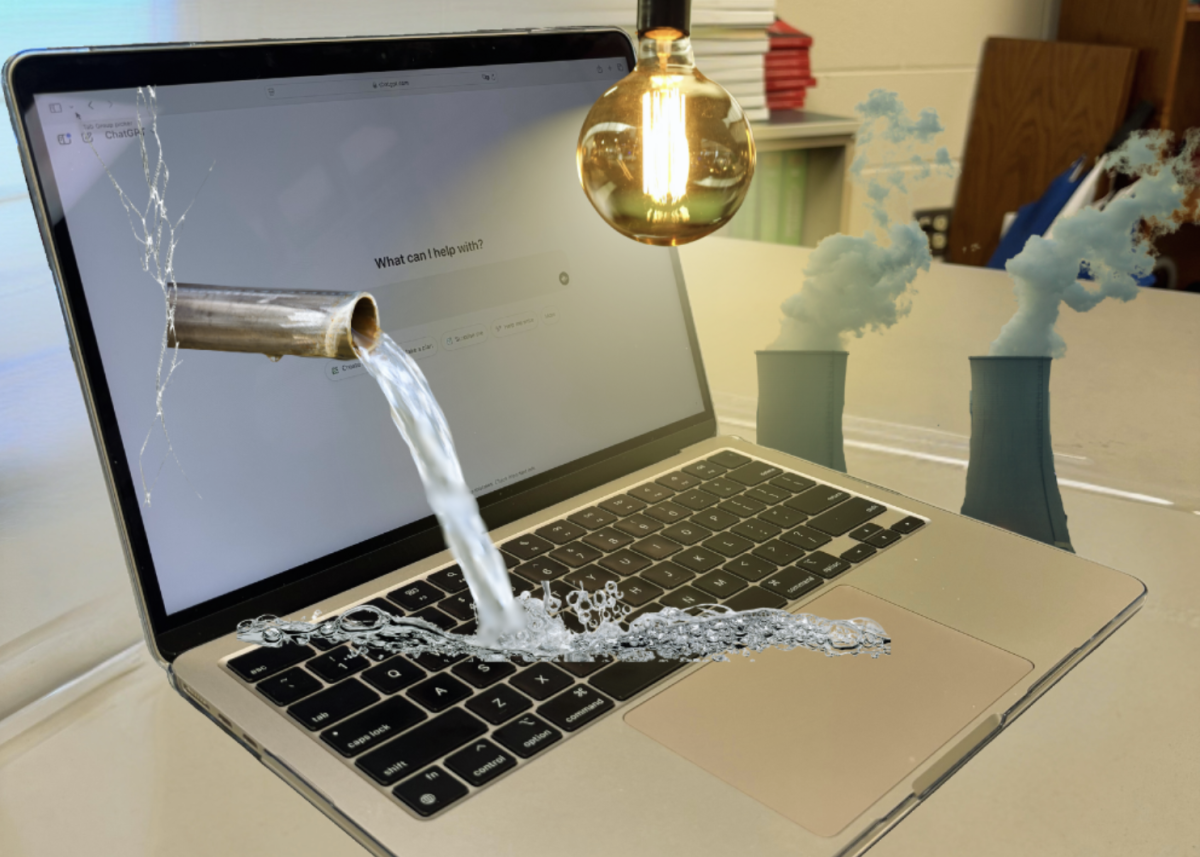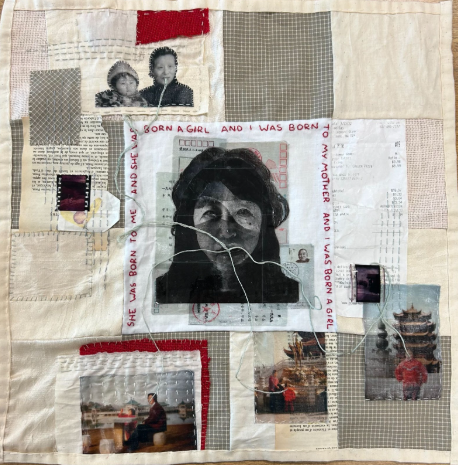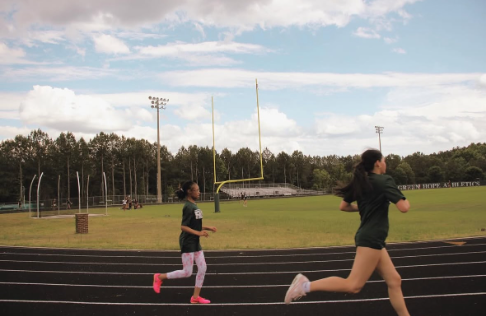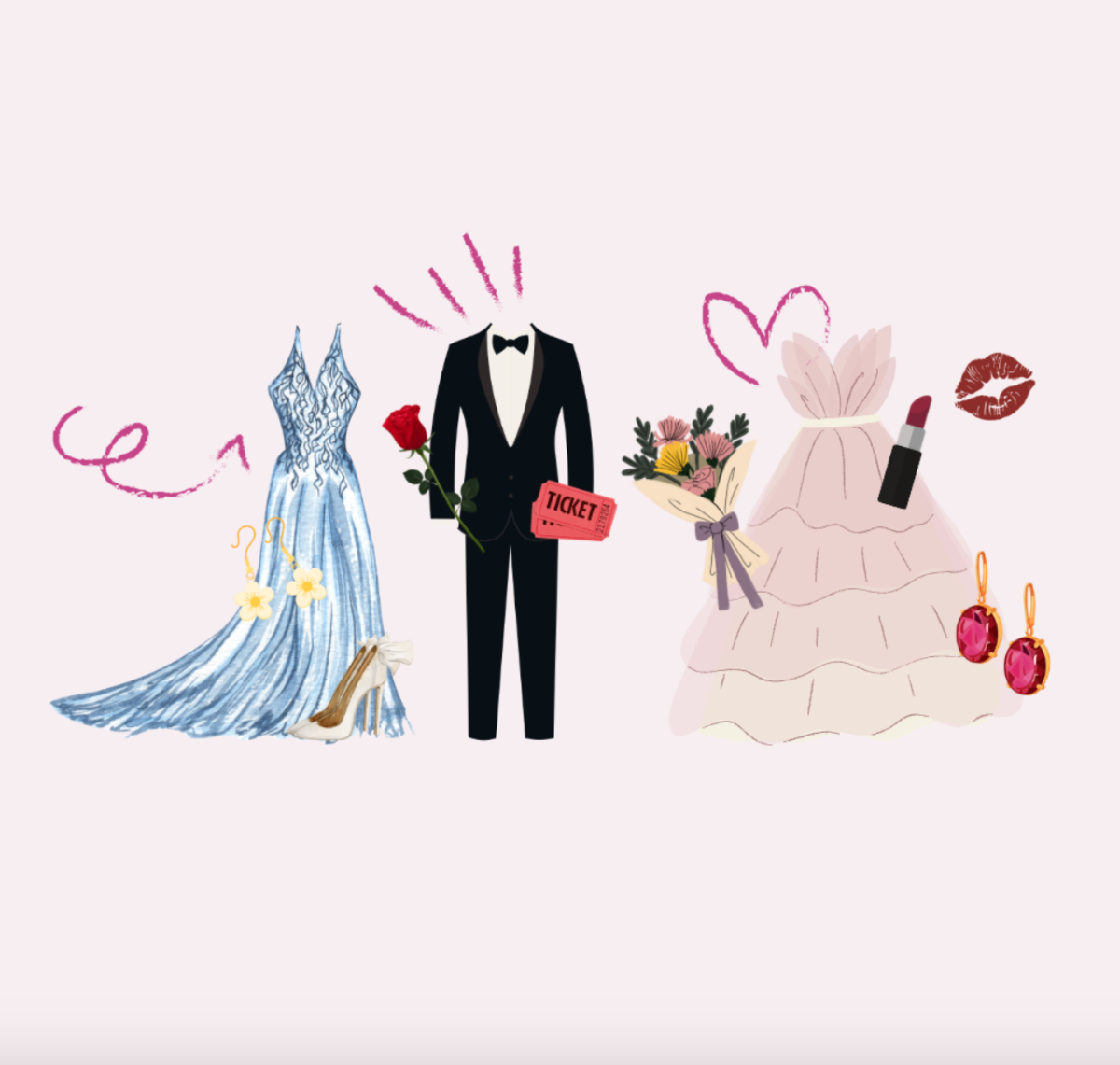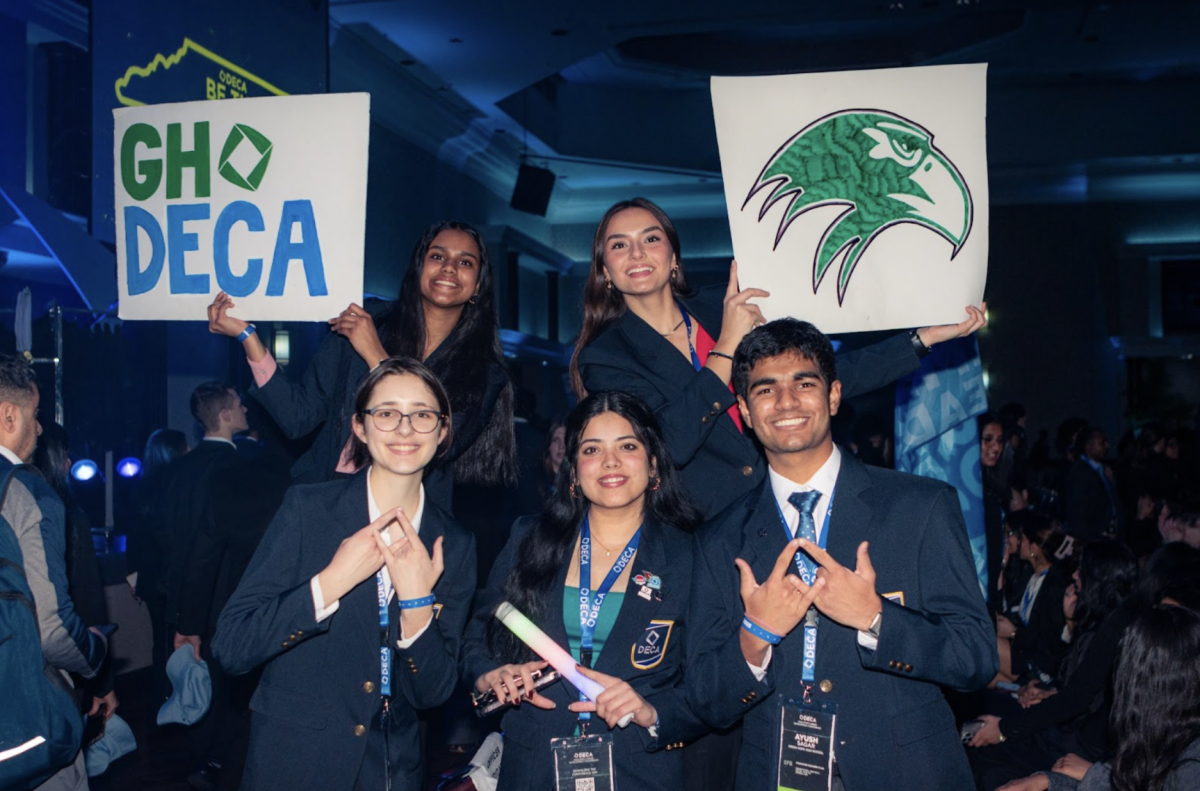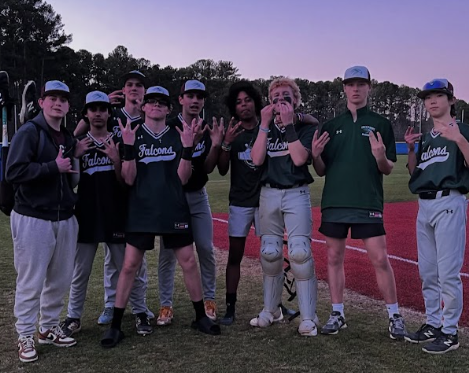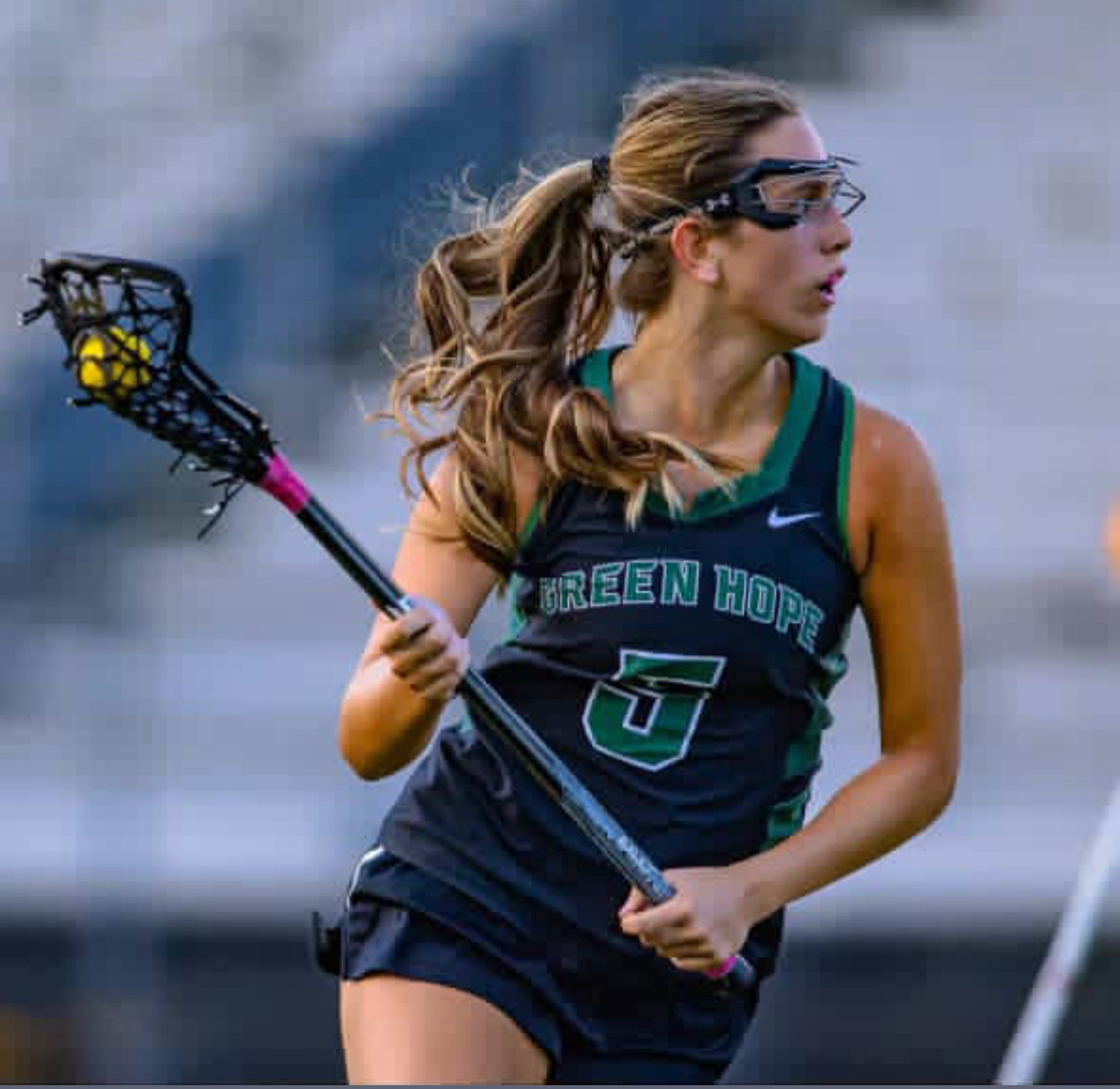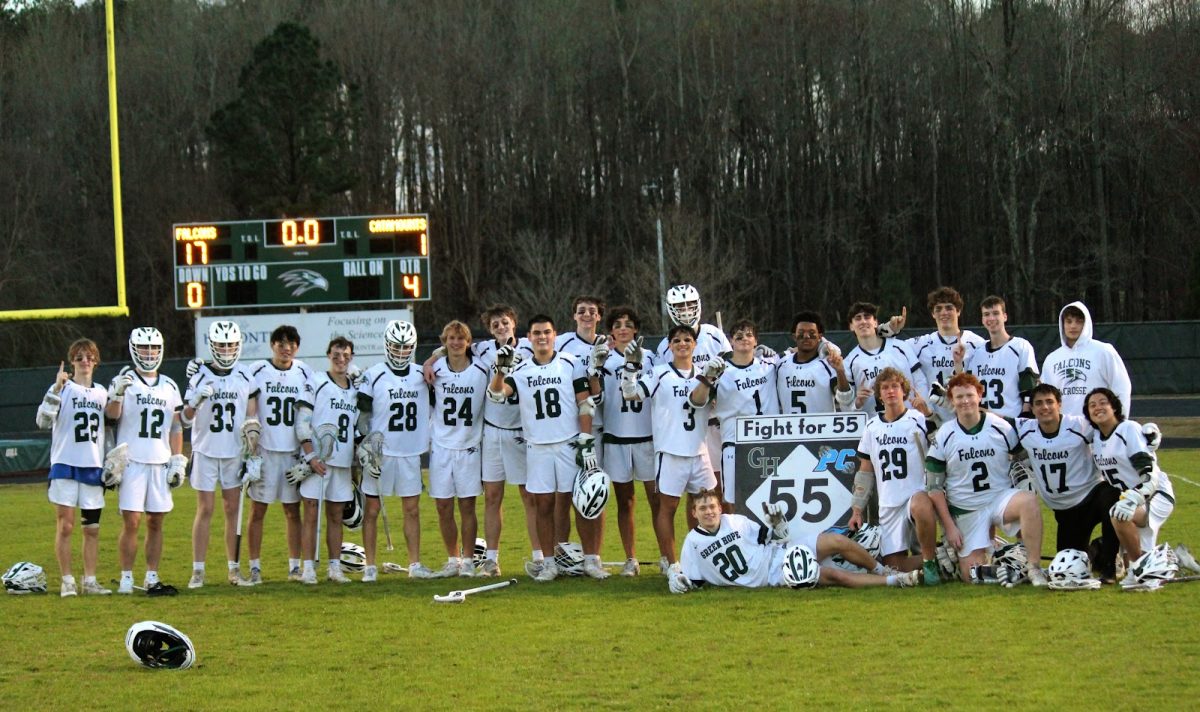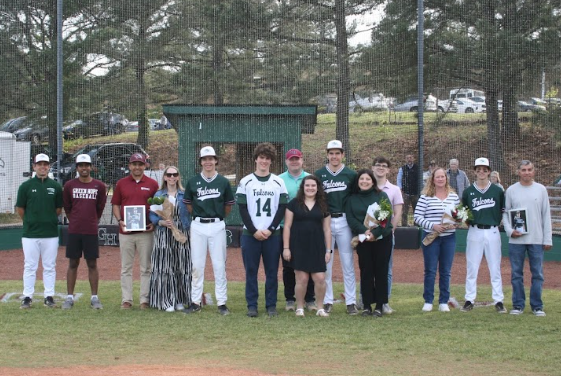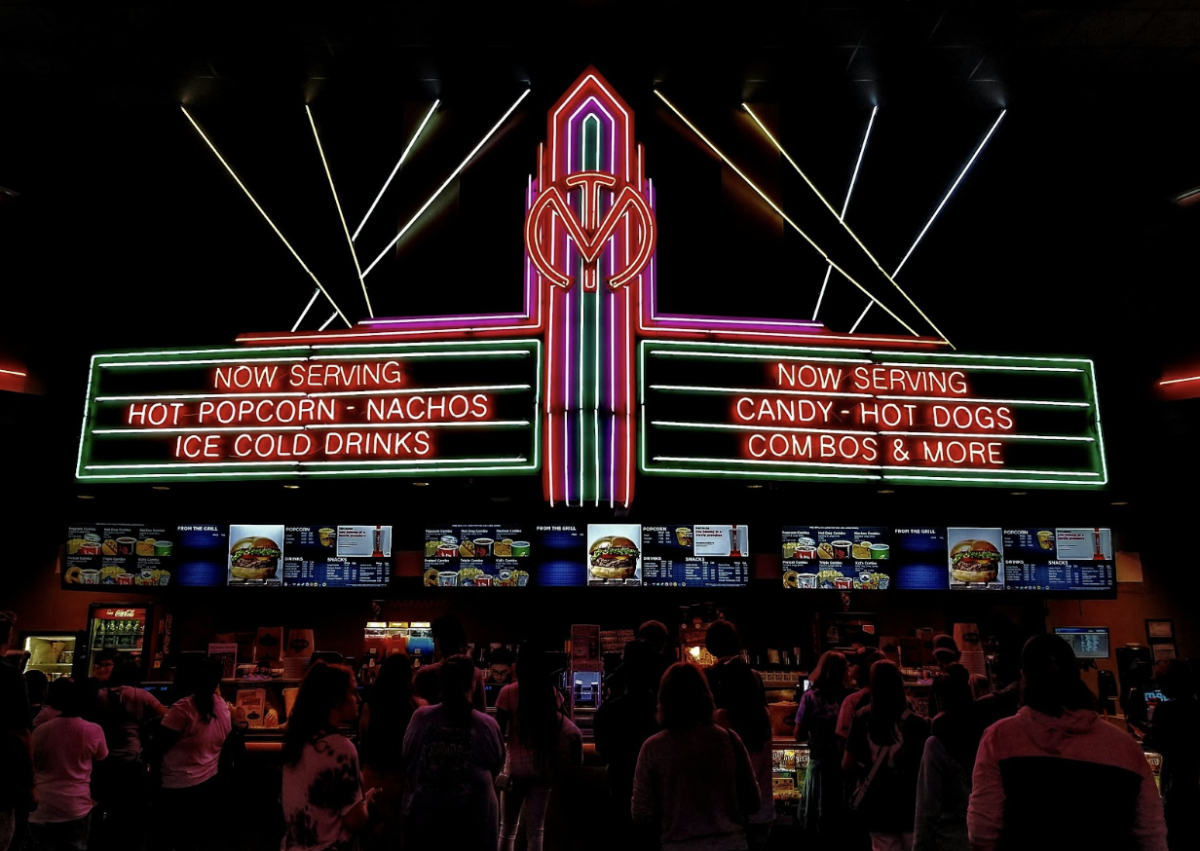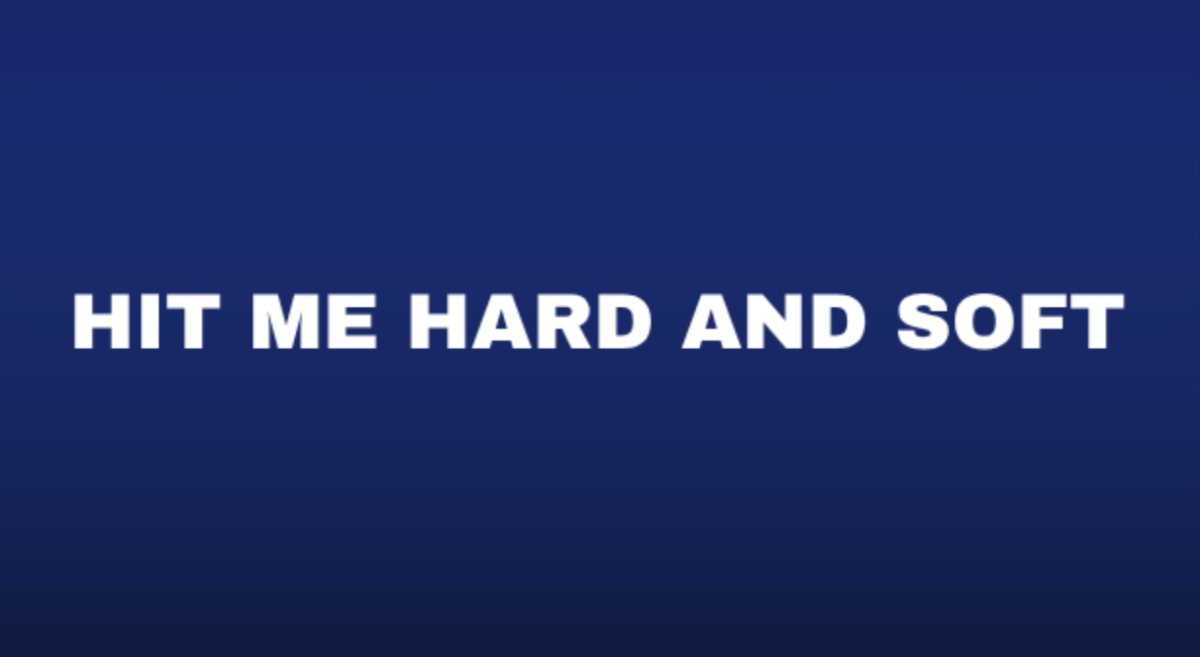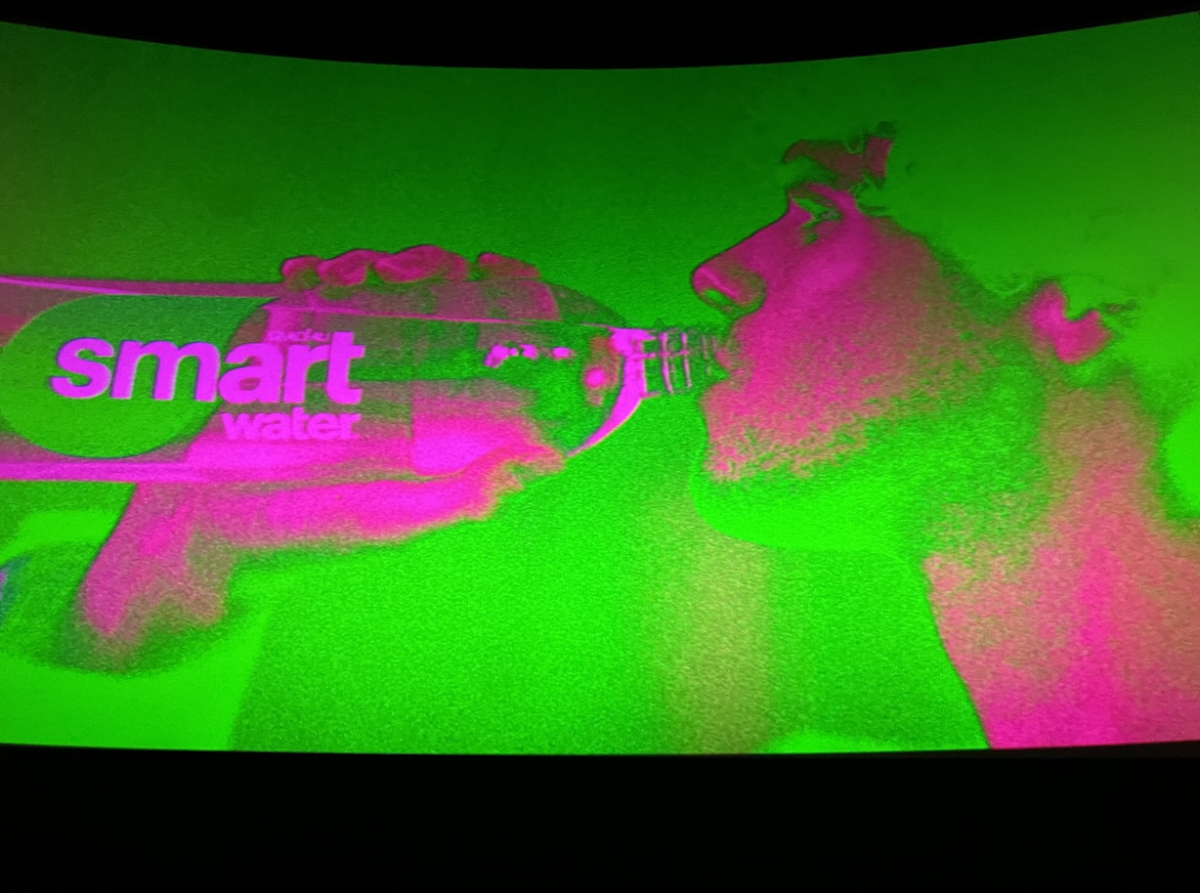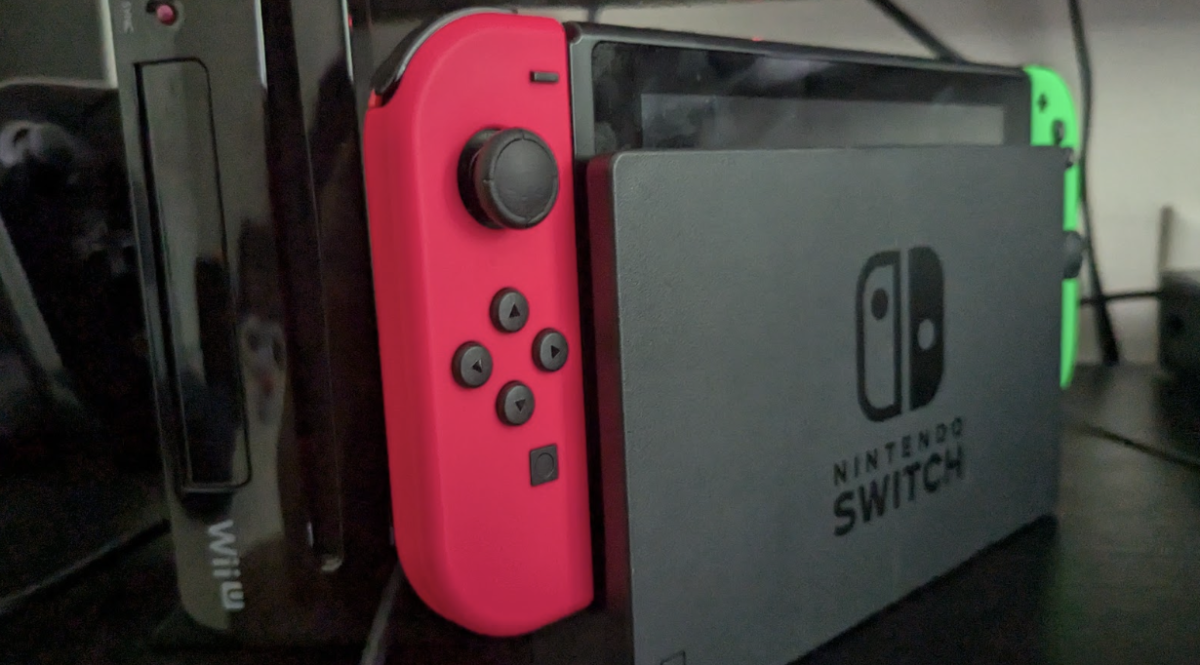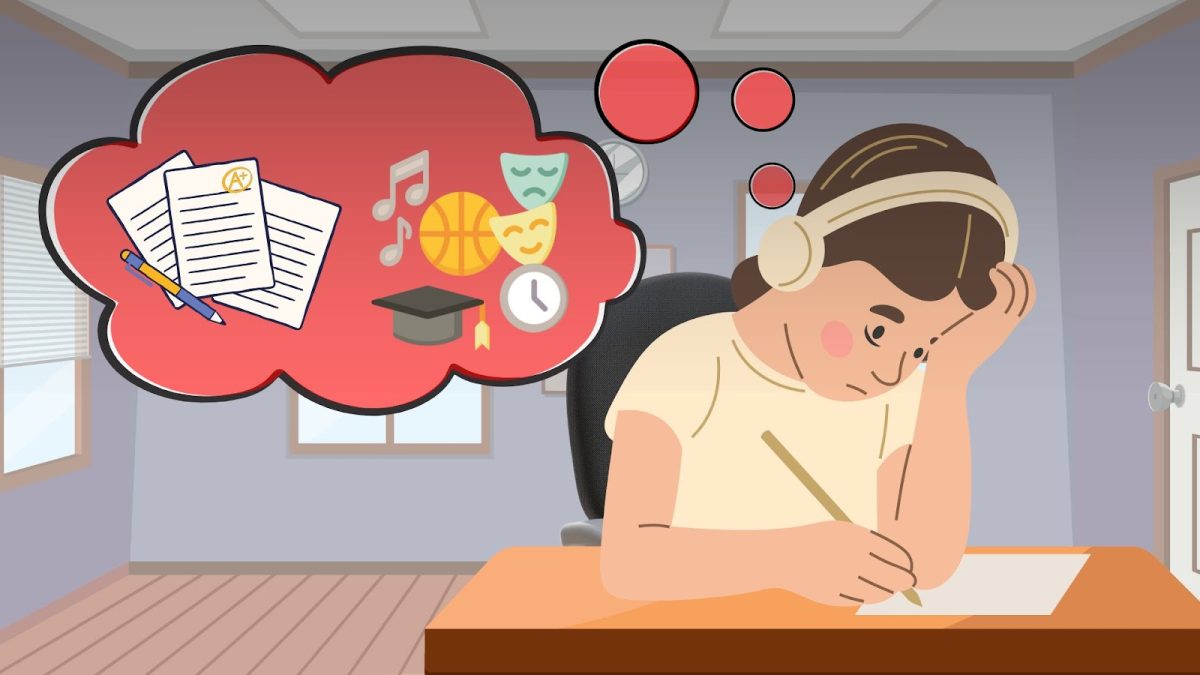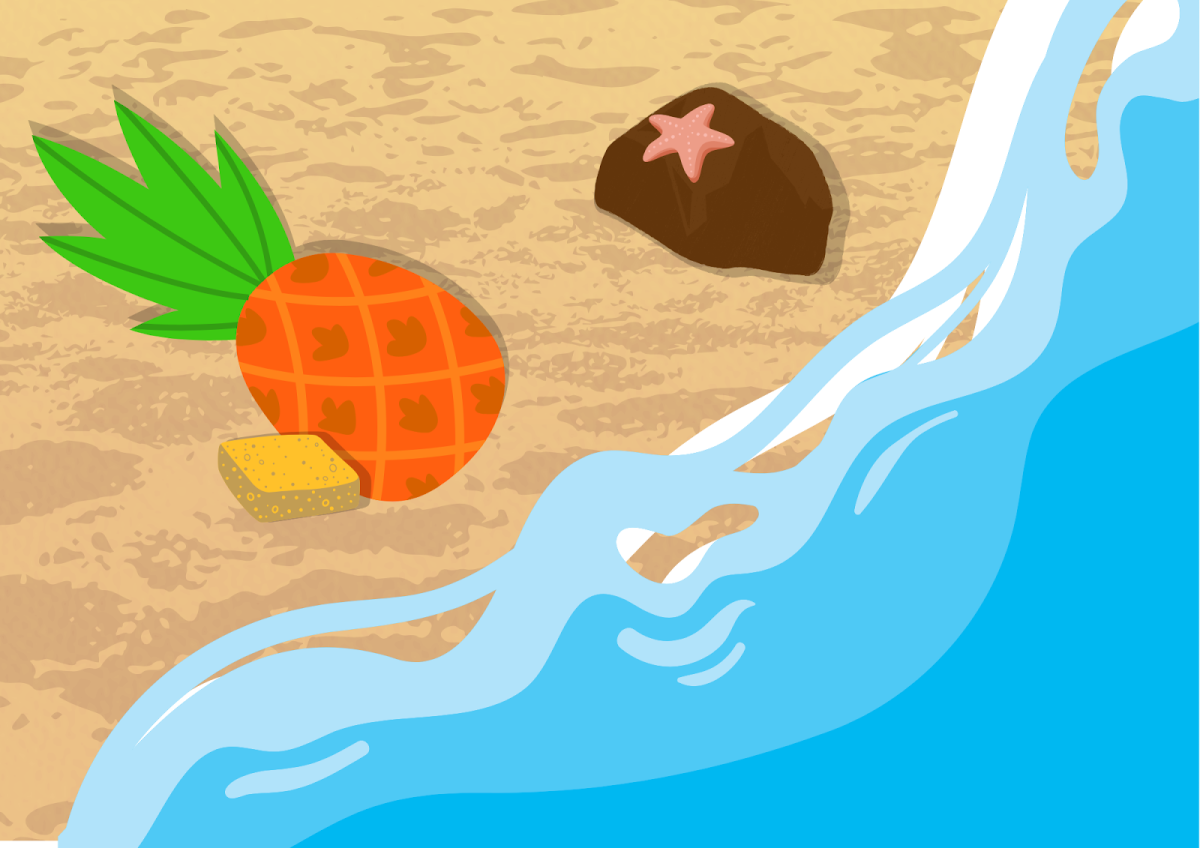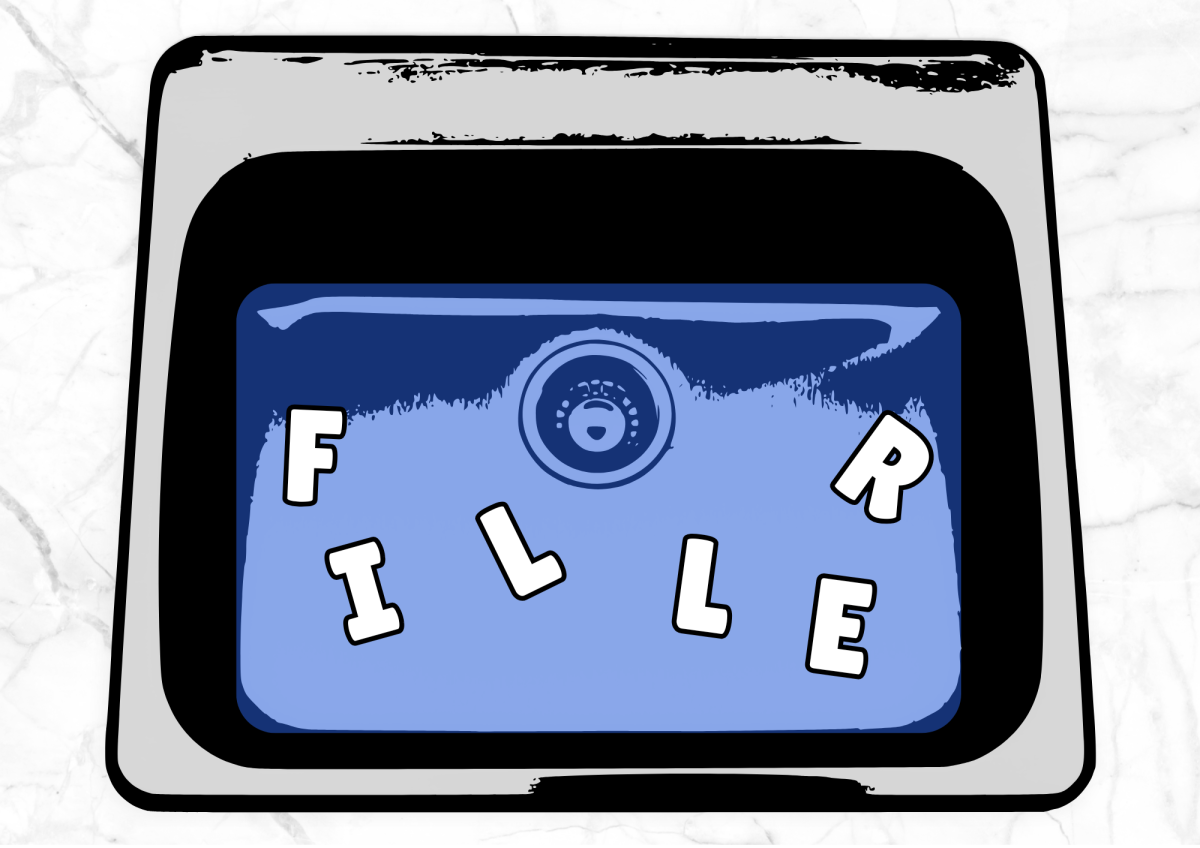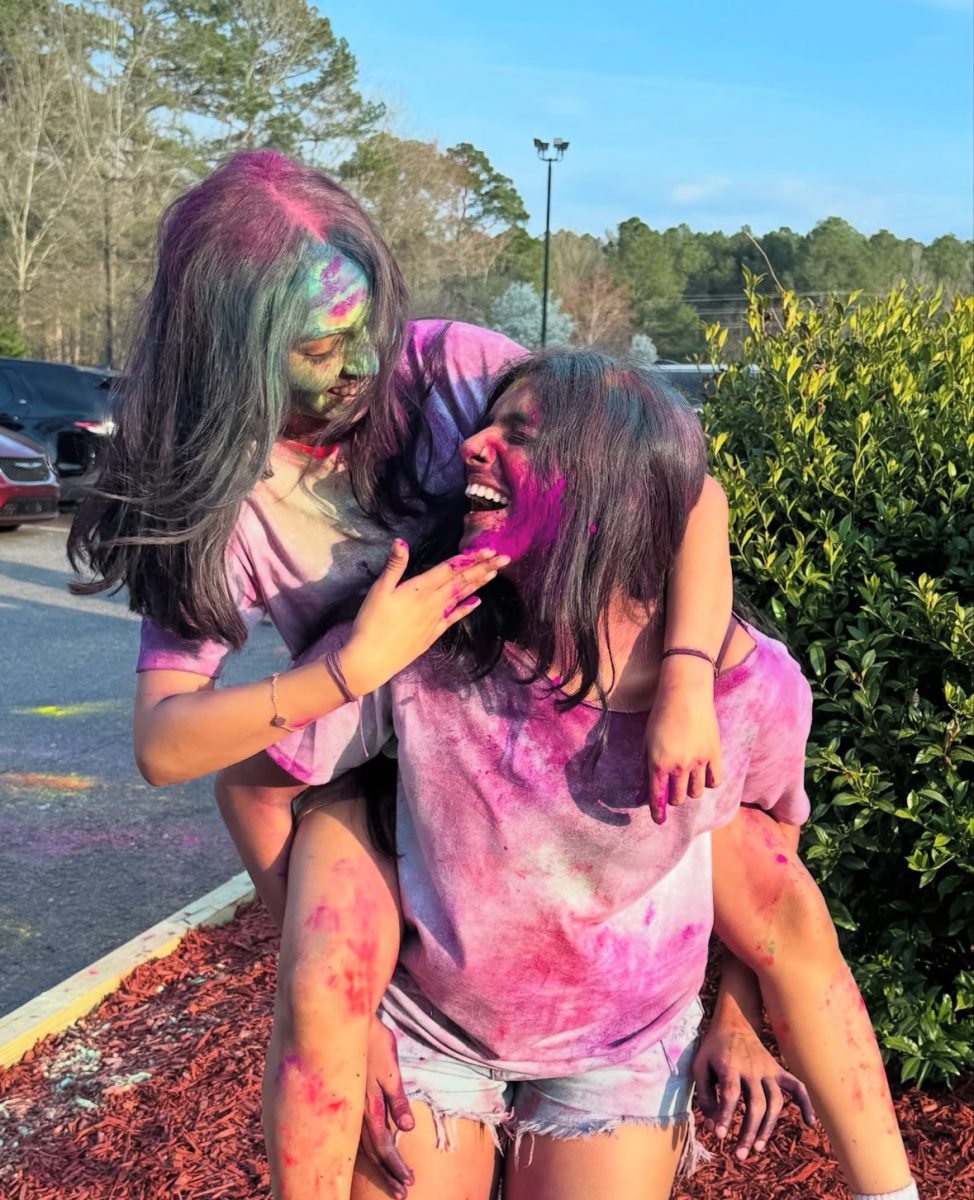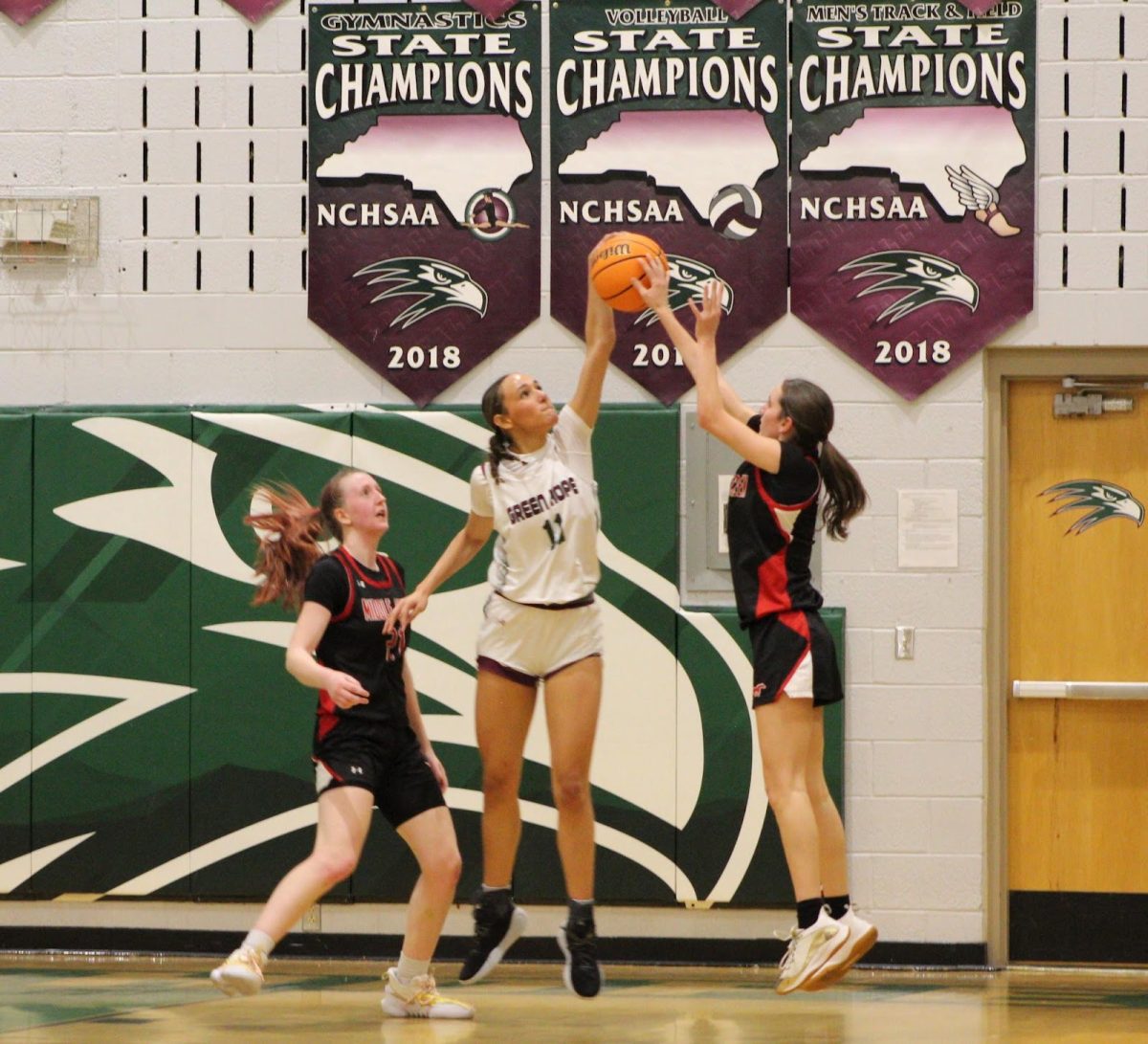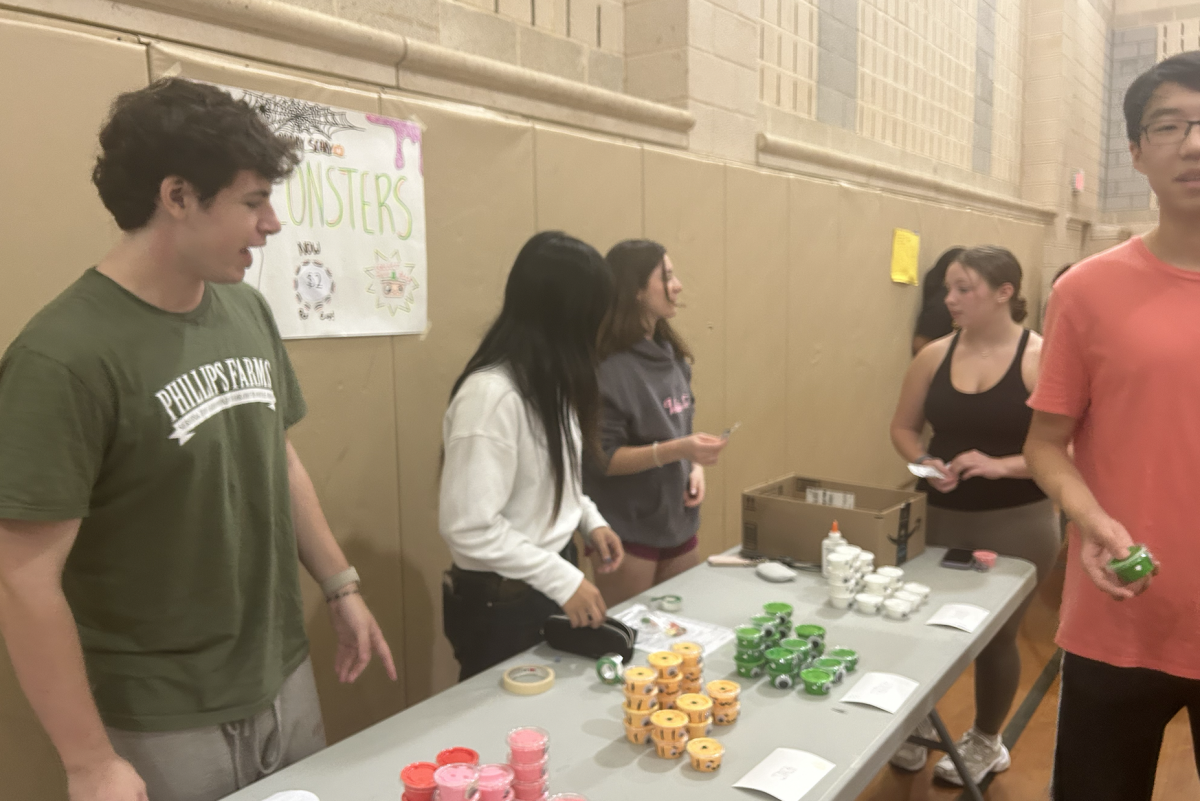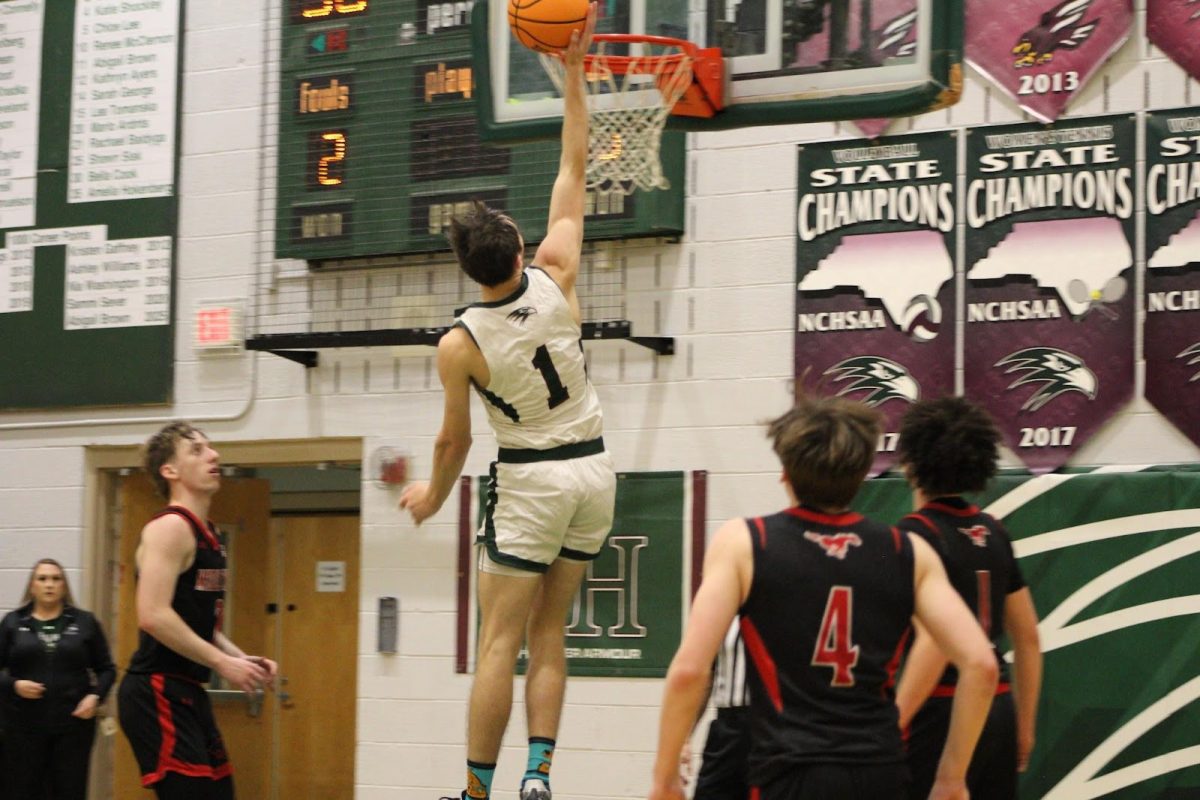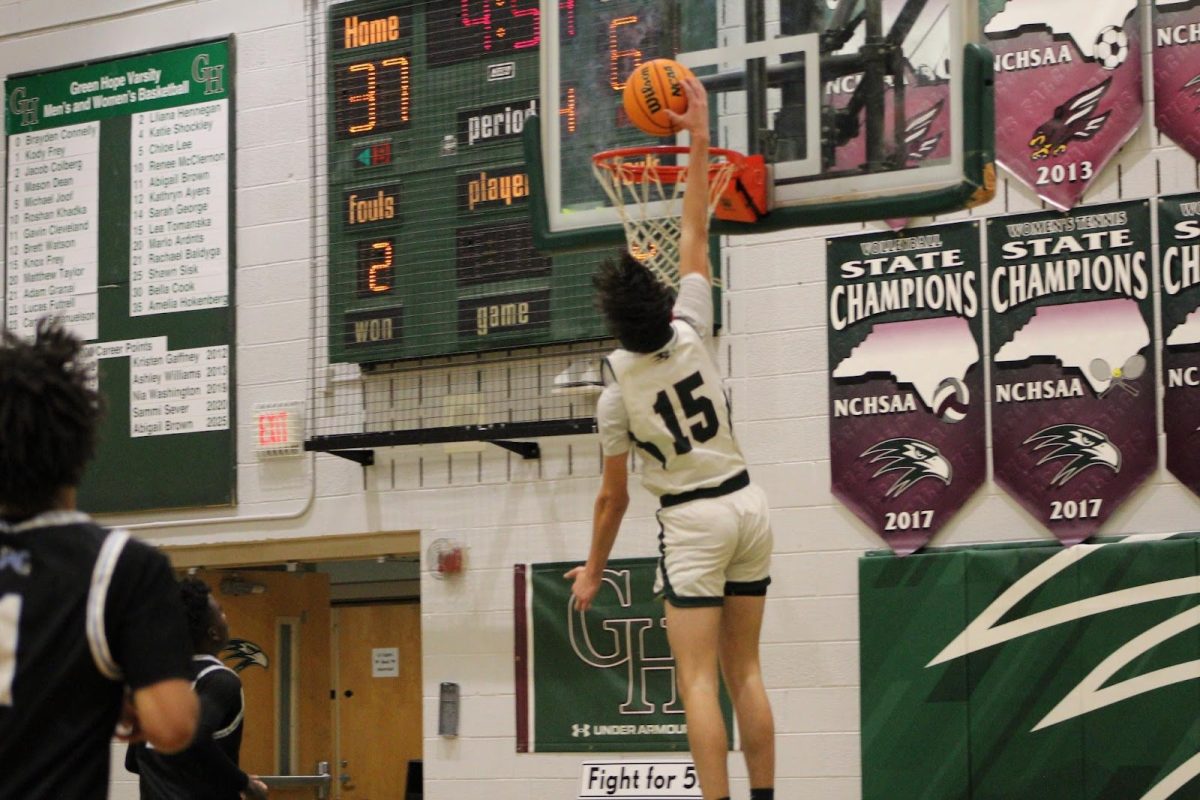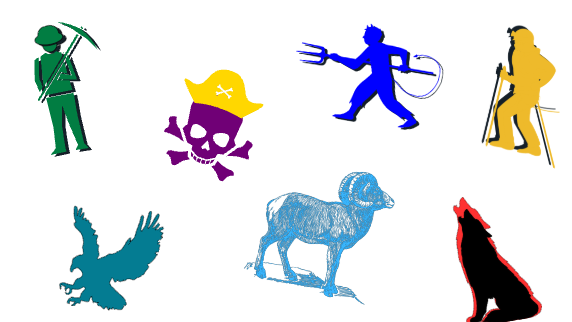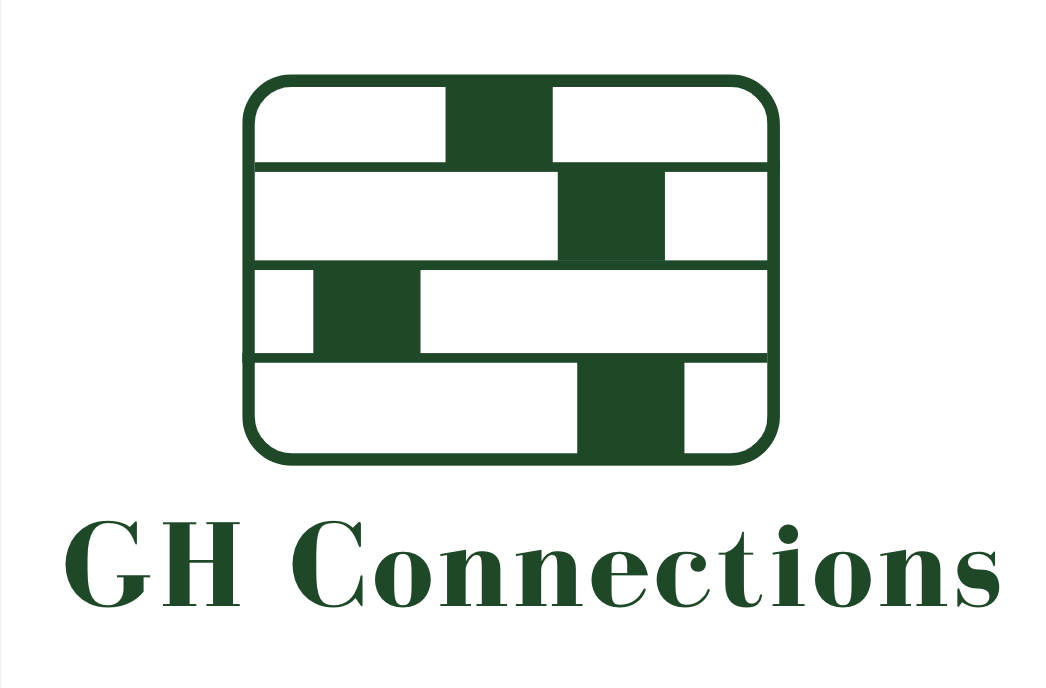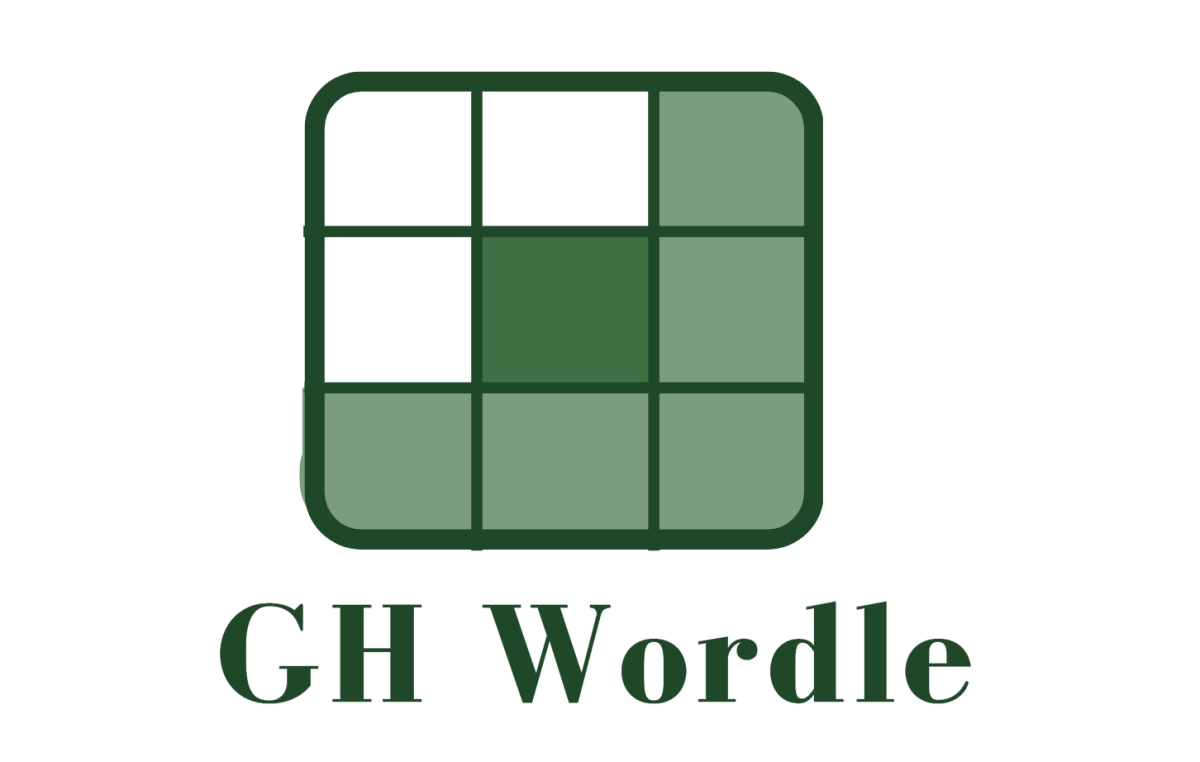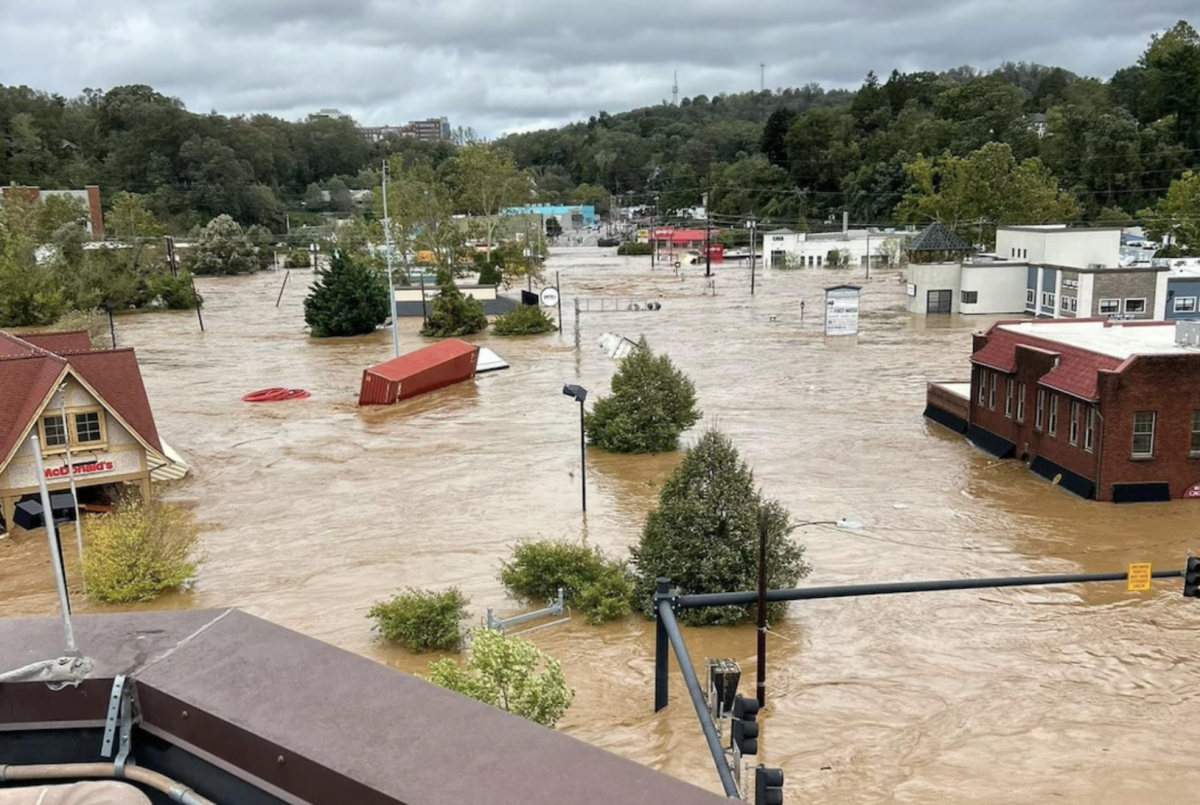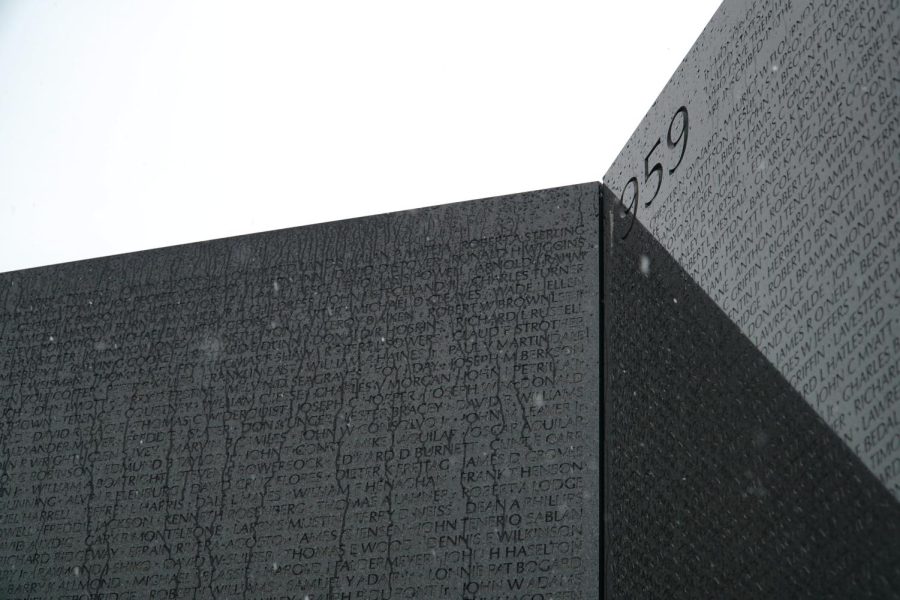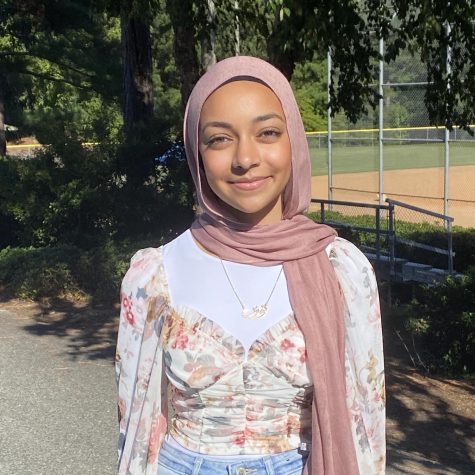How one class is paving the way for a more cognizant community
Alexander Stevenson and Andrew Horng
Vietnam Veterans Memorial located in Washington, D.C. to honor the soldiers’ sacrifices and bravery.
November 3, 2022
The Vietnam War is often glossed over in the North Carolina Social Studies curriculum, but one class is changing that. Beginning in the 2022-23 school year, Green Hope High School added a new elective called Lessons of Vietnam/Recent International Relations. Within the fresh elective, students are enabled to learn more about Vietnam’s history as well as the United States’ presence in the Vietnam War. Additionally, the course sheds a light on more recent conflicts such as the ongoing Russia-Ukraine crisis.
The course is a discussion-based class that emphasizes learning through conversation, community speakers and research projects. Students are responsible for bringing to light connections between this past conflict and today’s ever-changing global society.
Ms. Jenna McBrayer, the Lessons of Vietnam/Recent International Affairs teacher at Green Hope, provided insight on the experience of teach a new elective where awareness about Vietnam is the central feature driving both discussion and research.
“Vietnam specifically was something I didn’t know a whole lot about…From what I remember, it wasn’t a big discussion…they [teachers] had to cram a whole lot into just one semester,” said Ms. McBrayer.
As a college student, Ms. McBrayer’s interest in the topic grew, and she decided to enroll in a class specifically about the Vietnam War. It was in this class that she realized the importance of studying and learning from the war.
She translated this experience to teaching the Lessons of Vietnam course at Green Hope, hoping to shed a light on the war’s significance in world history and the present.
“It [the Vietnam War] impacted so much with our foreign policy, with our international reputation. It even had a big influence on what eventually lowered the voting age to 18,” stated Ms. McBrayer.
In order to build on her knowledge and passion, the course was open in the spring of 2022. Green Hope students discussed why they were motivated to enroll in the new elective.
Sanjana Juvvadi (‘24) saw it as a way to apply her knowledge of history to today’s world, saying, “I wanted to take a class that was focused on international relations, especially in today’s world where we see a lot of different conflicts like the Russia-Ukraine conflict, the change in British prime ministers, protests and so much more that’s happening.”
According to Keerthi Penumarti (‘24), another student in the class, the course also fosters a space for students to freely express their opinions while learning through research-based discussions. These discussions often bring out lively interactions.
“I’ve grown more debate-wise because we always have a lot of discussions in class. It’s helped me strengthen my debate skills and speaking skills,” said Penumarti.
The class is student-driven, and Ms. McBrayer pushes students to learn more about history and form their own opinions about what happened.
“There’s sometimes the perception that every action that the United States has taken or every war we have entered into, whether officially declared or not, has been justified. A lot of what we do is get students to ask that question for themselves, not for me to tell them,” Ms. McBrayer said.
Ms. McBrayer feels that the elective prepares students for the real-world through enhanced cognizance.
“I think the Vietnam War taught people not necessarily just to question authority but to dig deeper into the information that’s being presented to them, to confront reality and to question the morality of some of the decisions that were being made,” said Ms. McBrayer.







